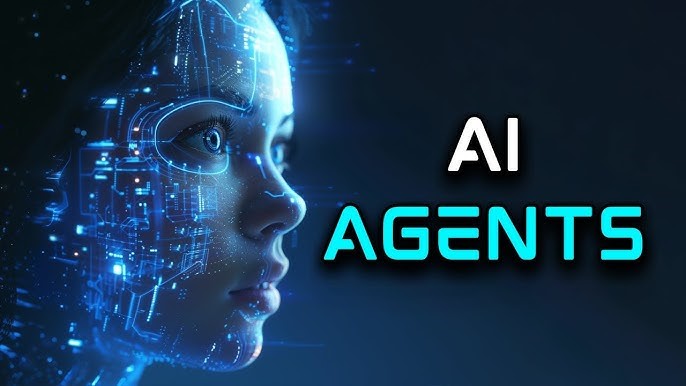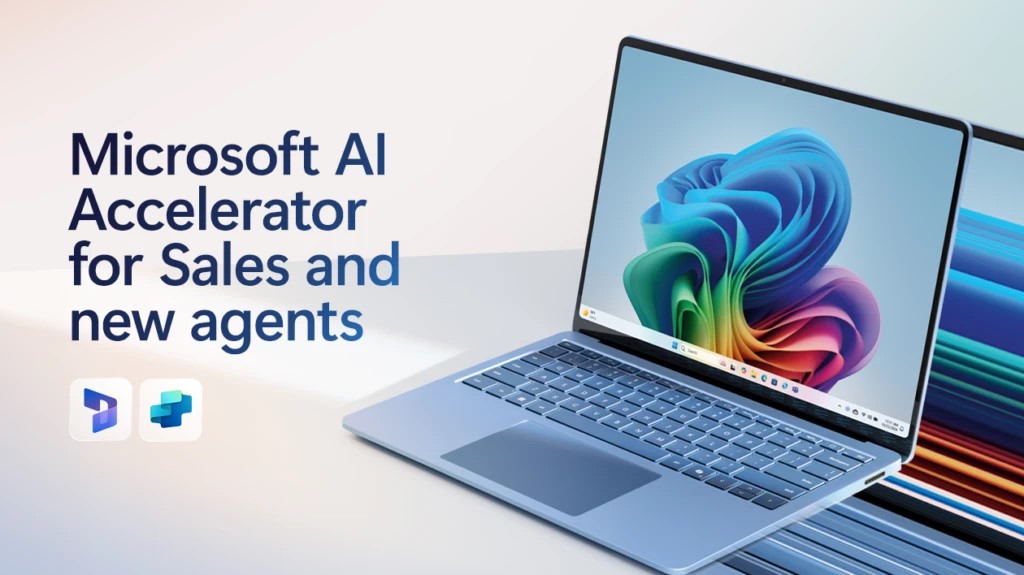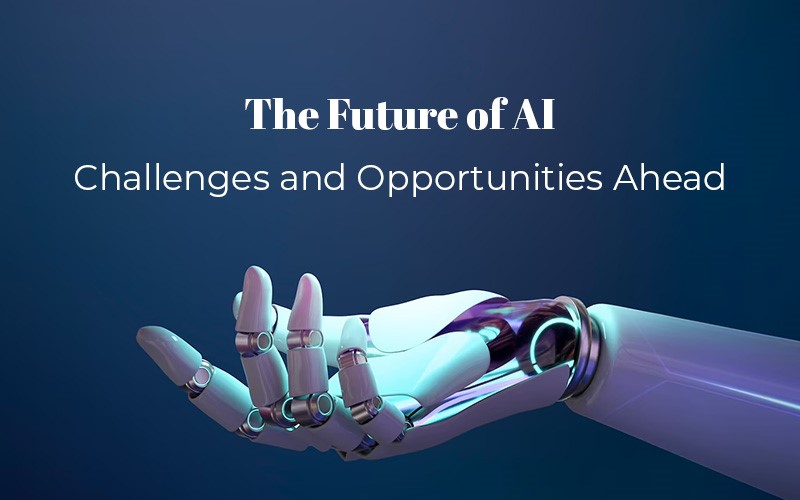Google’s AI Agents: Enhancing User Experience Across Industries
Google has long been a leader in artificial intelligence, and with its latest AI advancements, the tech giant is revolutionizing user experiences across a variety of sectors. From conversational assistants to automotive voice interactions, Google's AI agents are enhancing how we interact with technology, streamlining workflows, and improving efficiency. These intelligent systems are not just about simplifying tasks—they are transforming industries by offering more intuitive, personalized, and seamless experiences for users everywhere.

Figure 1. Google’s AI Agents
Revolutionizing Conversational AI with Gemini 2.0 Flash
One of Google’s standout AI developments is Gemini 2.0 Flash, a high-performance conversational assistant embedded in the Gemini app. This AI agent offers businesses and individuals a new level of interaction by improving communication, simplifying tasks, and providing accurate, contextually relevant answers in real time. Figure 1 shows Google’s AI Agents.
Gemini 2.0 Flash enhances the user experience by understanding nuanced language, recognizing user intent, and providing natural language responses. With capabilities that rival human interaction, it allows users to engage in more meaningful and efficient conversations, whether for personal tasks or business needs. Its ability to understand complex queries and respond intelligently is a testament to Google’s continued push toward more advanced, human-like AI systems.
AI-Powered Automotive Assistance
Google is also making significant strides in the automotive sector, with the introduction of the Google Cloud Automotive AI Agent. This AI agent enhances in-car voice assistants, allowing drivers to interact with their vehicles in a more natural, intuitive way.
By enabling natural language interactions, the AI agent allows drivers to perform a variety of tasks while keeping their focus on the road. Whether it’s adjusting settings, finding nearby destinations, or controlling entertainment options, the AI agent’s ability to understand and respond to spoken commands is reshaping how drivers interact with their cars. This not only improves convenience but also enhances safety, as it minimizes distractions and keeps drivers more engaged with the driving experience.
Personalized Learning Experiences in Education
In addition to its work in business and automotive industries, Google is applying AI to education. Its AI-powered tools are being used to create personalized learning experiences for students and educators alike. By harnessing AI’s ability to analyze vast amounts of data, Google’s tools can adapt learning materials and suggest resources that are most relevant to the individual student’s needs.
Teachers can also benefit from AI-powered assistance by receiving real-time insights into student progress, helping them tailor their instruction to maximize learning outcomes. This approach ensures that both students and teachers can make the most of their time, boosting efficiency and improving educational experiences overall.
Google AI Agents in Consumer Devices and Services
Google’s AI agents are also embedded in its consumer-facing devices and services, from smartphones to smart home devices. Through Google Assistant, users can control their environment, set reminders, check the weather, and even manage household tasks with just their voice. The Assistant’s ability to recognize and respond to natural speech makes it a key part of the daily lives of millions of users around the globe.
These AI systems are constantly evolving to become more accurate, context-aware, and efficient. By integrating AI across various products, Google is creating a seamless ecosystem that supports a wide range of user needs—whether at home, at work, or on the go.
The Future of Google’s AI Agents
As Google continues to refine its AI technologies, we can expect even more significant developments that push the boundaries of user experience. The company is already working on incorporating more advanced conversational models into its products, including the next iteration of Google Assistant. These advancements will likely lead to even more personalized, intuitive, and intelligent systems that can handle increasingly complex tasks.
The expansion of Google’s AI agents into new sectors—from education to healthcare and beyond—promises to unlock even more opportunities for innovation and efficiency. As these systems evolve, the possibilities for improving user experiences across industries will be virtually limitless, further solidifying Google’s role as a leader in the AI space.
Ultimately, Google’s AI agents are not just about making technology smarter—they are about making it more accessible, intuitive, and aligned with the needs of users across the world [1]. Whether you're driving, learning, or managing your day-to-day tasks, Google’s AI agents are shaping a future where technology seamlessly integrates into our lives and enhances every aspect of how we work and interact with the world.
References:
- https://www.wired.com/story/google-openai-gemini-chatgpt-artificial-intelligence/?utm_source=chatgpt.com
Cite this article:
Janani R (2025), AI Agents Shaping the Future: How Microsoft, Google, and OpenAI Are Pushing Boundaries, AnaTechMaz, pp. 3





